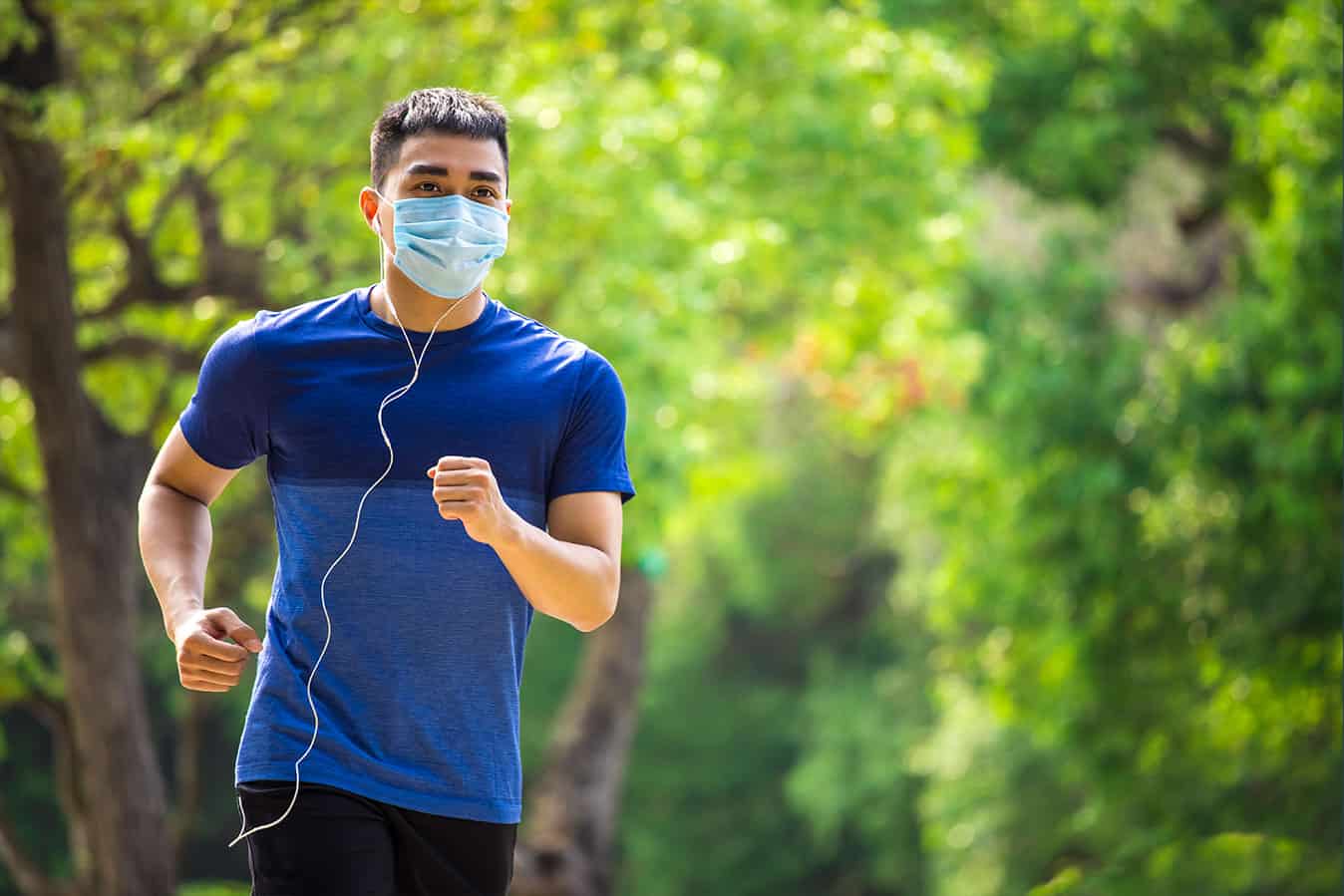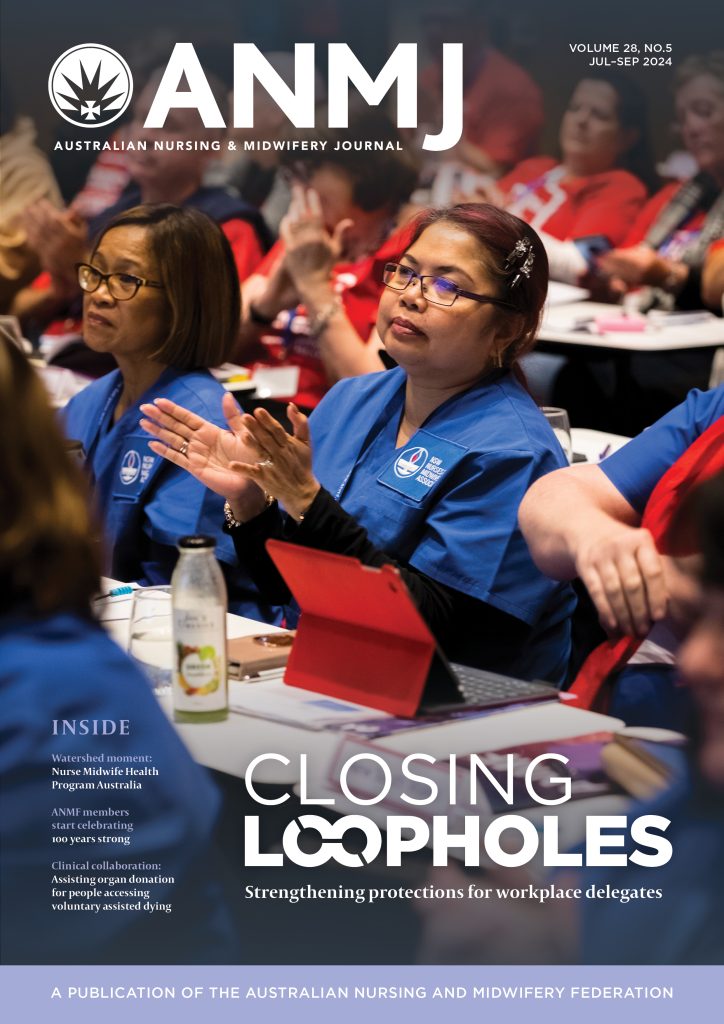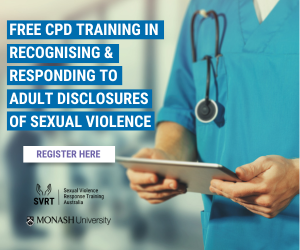Most Australians adopted a range of strategies in order to manage their physical and mental health during the peak of the COVID-19 pandemic, according to new data released by the Australian Bureau of Statistics (ABS).
The majority of Australians (86%) took steps to maintain their physical health, while two out three (67%) embraced new ways of managing their mental health, according to the latest Household Impacts of COVID-19 survey, conducted from 18-31 January earlier this year.
ABS Head of Household Surveys, David Zago, said the most common activities people used to manage their physical health during the pandemic were regular walks (60%), regular physical activity (47%), watching or changing their diet (47%) and getting enough sleep.
To manage mental health, 36% of Australians better organised their home, life or other matters, did more of the things they enjoy (31%) and practised thinking positively or setting achievable goals (30%).
“The COVID-19 pandemic has seen a shift in priorities for many Australians when it comes to their physical and mental health,” Mr Zago said.
In other findings, almost one in three Australians (30%) reported prioritising their physical health more since the beginning of the pandemic, while one in four placed more priority on their mental health.
People aged 65 or more were more likely than younger people aged 18 to 34 to prioritise their physical health due to COVID-19.
The survey also explored the impact of COVID-19 on social gatherings between December 2020 and January 2021.
“During that time, one in three Australians (36%) chose not to attend a social gathering because of concerns about COVID-19,” Mr Zago revealed.
“When they did attend social gatherings, people were more comfortable with gatherings at a friend or family member’s residence (87%) or their own residence (86%), than at nightclubs or bars (34%) or community events (53%).
Meanwhile, people aged 65 or more (62%) were more likely to avoid interactions like shaking hands and hugging than those aged 18 to 64, and people born overseas (38%) were more likely than people born in Australia to wear a face mask to a social gathering due to COVID-19.









